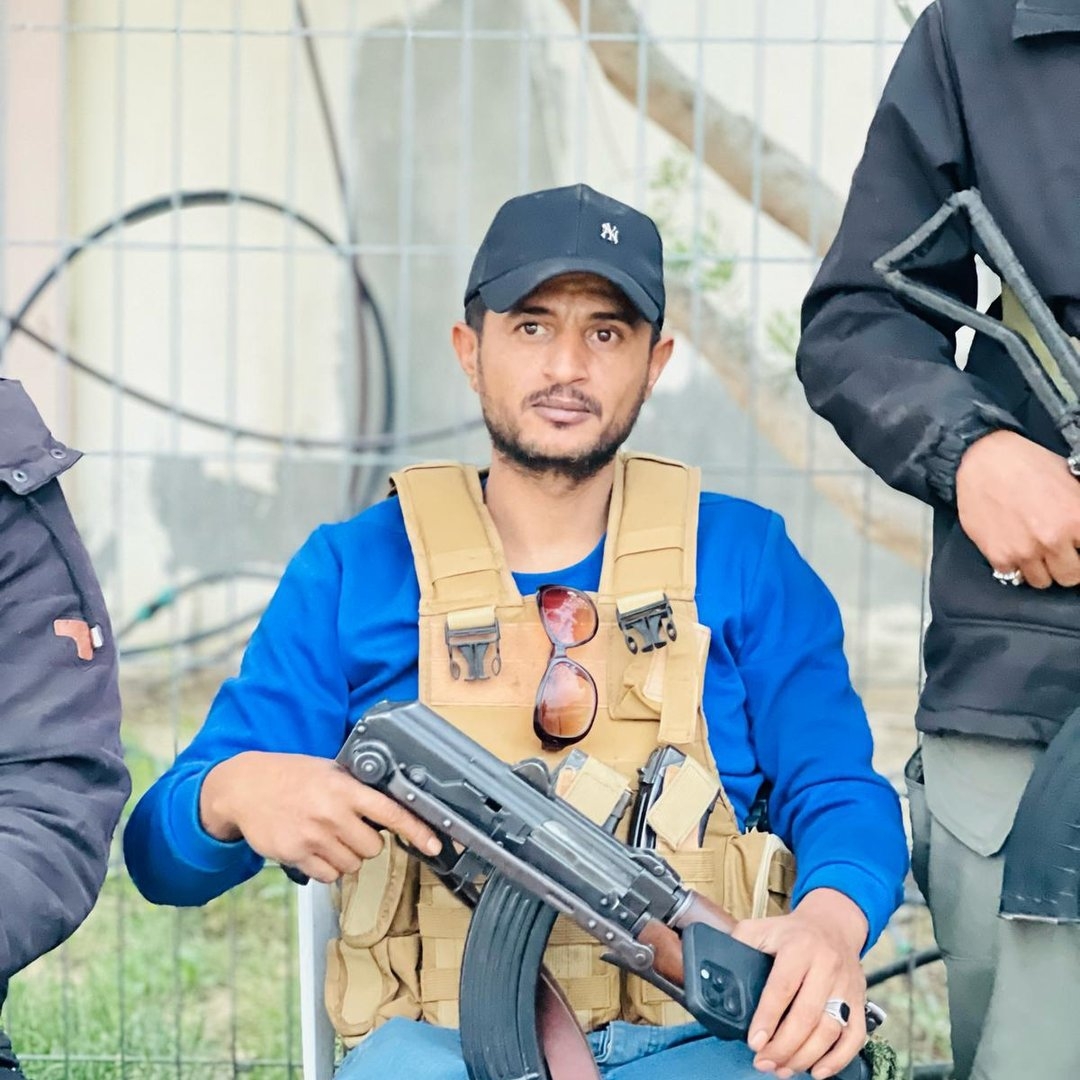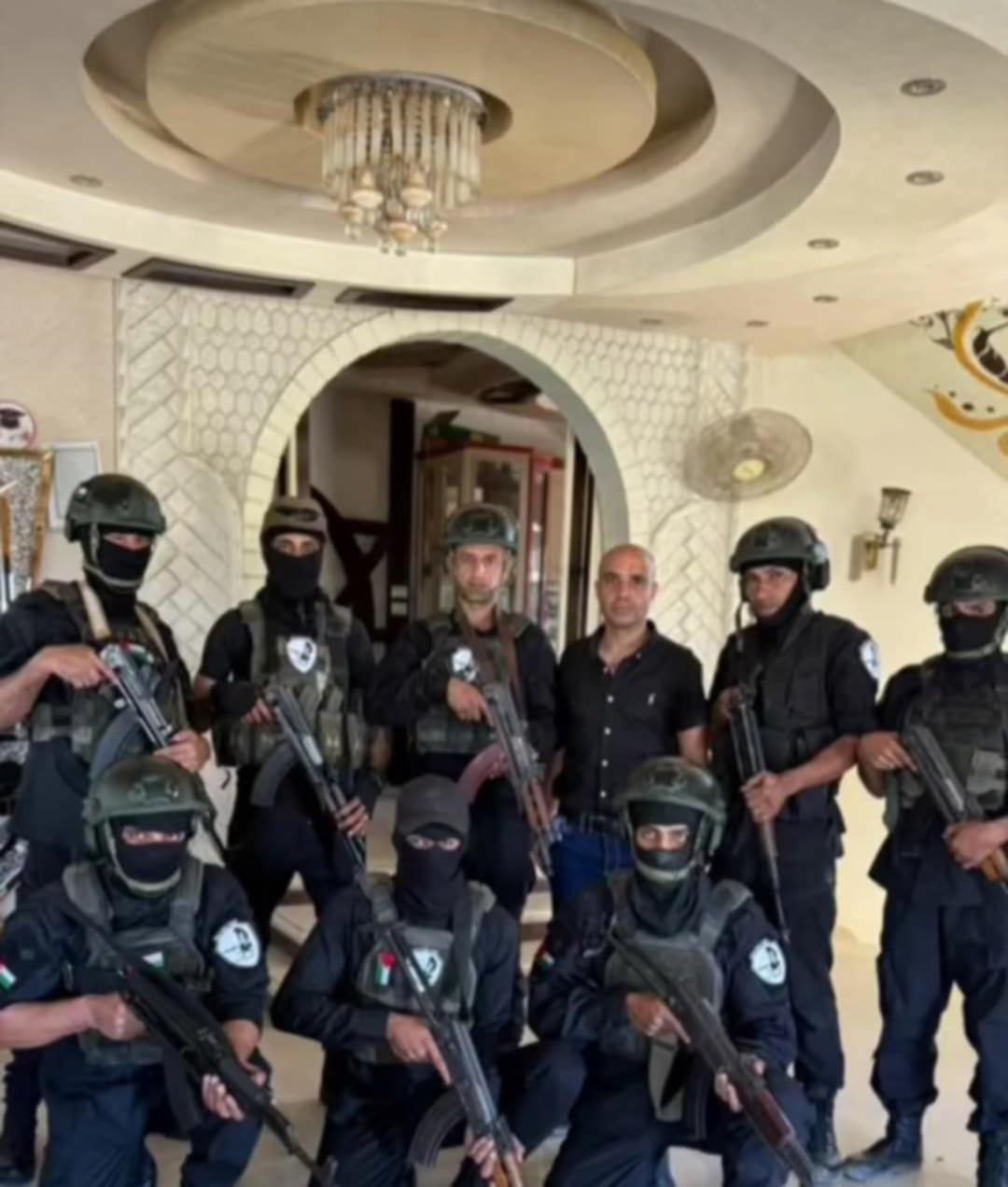Who Is Yasser Abu Shabab? The Tribal Warlord Challenging Hamas from Within Gaza
As humanitarian aid returns to Gaza under Israeli coordination, a new militia led by a former prisoner, Yasser Abu Shabab, is making headlines - earning support from locals and threats from Hamas. Could he become a post-Hamas alternative?

Rafah, Gaza Strip – A tribal militia leader operating under the radar for months has suddenly become one of the most controversial figures in Gaza. His name? Yasser Abu Shabab—a former inmate of Hamas, a member of the powerful Tarabin tribe, and now the commander of an armed group accused of working in coordination with Israel.
In recent weeks, Hamas has gone public with warnings and even attempted assassinations against Abu Shabab’s group. The militia, known as al-Quwat al-Shaabiya ("The Popular Forces"), has allegedly taken part in securing humanitarian convoys delivered through the American-funded GHF mechanism, patrolling areas under partial IDF control in Rafah, and challenging Hamas' monopoly over local governance.
“Hamas left us with nothing,” Abu Shabab said in a statement last week, claiming his group was created to defend civilians from Hamas and prevent looting of aid.
A Tribe with Regional Ties
Abu Shabab hails from the Tarabin Bedouin tribe, a powerful clan with deep roots across Gaza, Israel’s Negev region, Egypt’s Sinai Peninsula, Jordan, and Saudi Arabia. Ironically, while Hamas now accuses him of being linked to ISIS, his relatives in Sinai have fought against ISIS for years—alongside Egypt's military and under the approval of President Abdel Fattah el-Sisi.
After the IDF bombed Hamas prisons during the early stages of the war, Abu Shabab reportedly escaped and began forming his own force, mostly composed of ex-PA security officials, some with ties to Fatah and the Palestinian Authority.
The Power Base: Jerjoun Palace
Images circulating on Palestinian social media show Abu Shabab’s fighters—uniformed, armed, and stationed at a building known as Jerjoun Palace in central Rafah. It’s one of the few intact structures in the area, and notably, has never been bombed by the IDF.
Locals say the militia roams the city openly and operates within 1.5 kilometers of the Rafah border crossing - an area where Hamas struggles to maintain control and where Israeli troops are currently active.

A Shadow War with Hamas
Tensions between the two forces erupted into open violence in April. Hamas claimed responsibility for killing four of Abu Shabab’s men and later published video footage showing an IED attack against his convoy. Sources in Gaza believe this footage was staged for propaganda, filmed weeks earlier and released only after Hamas decided to openly confront the group.
In January, one of Abu Shabab’s senior aides was executed by Hamas, and the group's members are frequently targeted. Now, reports suggest Hamas has officially authorized al-Qassam units to carry out assassinations of key militia operatives.
Coordinated with Israel?
A Reuters report and investigations by Al-Akhbar and the Financial Times suggest that Abu Shabab’s forces may be receiving logistical support from Israel and possibly even U.S. contractors managing aid distribution. Their role reportedly includes:
Some residents accuse the group of looting aid trucks and orchestrating staged media campaigns to legitimize their operations—accusations the militia denies. “We are here because of reality, not by choice,” said a spokesman for the group, calling Hamas “a gang of aid thieves.”

Is Abu Shabab the ‘Al-Julani’ of Gaza?
Among locals and observers, comparisons have begun to surface between Abu Shabab and Abu Mohammad al-Julani, the leader of the Syrian opposition group Hayat Tahrir al-Sham. Like al-Julani, Abu Shabab is seen by some as a pragmatic power broker emerging from chaos, balancing tribal loyalty, regional alliances, and the support - or tolerance - of external powers.
Whether he’s a new strongman-in-the-making or a transient militia leader destined for elimination remains to be seen. But one thing is clear: as Hamas loses ground, others are already fighting for what comes next.